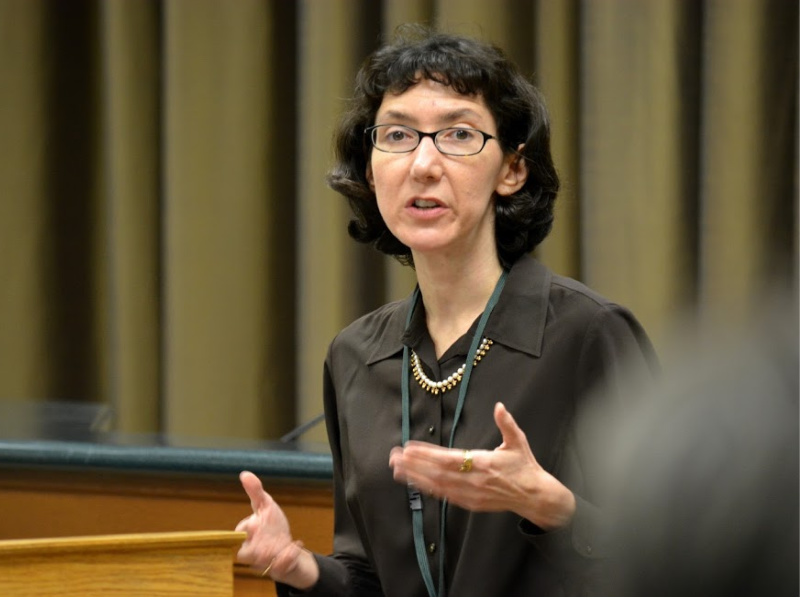Home / Prof. Lipton's work widely cited in Delaware court ruling
Prof. Lipton's work widely cited in Delaware court ruling
December 26, 2018 10:45 AM
|

Prof. Ann Lipton, the Michael Fleishman Professor in Corporate Law and Entrepreneurship, is an expert on corporate functioning and the relationships between corporations and investors.
The Delaware Chancery Court recently relied in part on a 2016 article by Tulane Law Prof. Ann Lipton to hold that Delaware corporations may not use provisions in their charters to curb the rights of shareholders to sue for fraud and other misconduct.
Lipton’s article in the Georgetown Law Journal, “‘Manufactured Consent’: The Problem of Arbitration Clauses in Corporate Charters and Bylaws,” was extensively cited by the Delaware Court in its ruling Dec. 19, which has important implications for a growing national trend of corporations seeking to squelch the litigation rights of shareholders through mandatory arbitration clauses. More than half of the nation's corporations are registered in Delaware, and if the ruling is upheld by the Delaware Supreme Court, it will have national reach.
“This ruling says you can’t govern litigation rights of federal securities claims via charters and bylaws of Delaware corporations,” Lipton told Reuters news service after the court’s decision, which is likely to be appealed to the state's Supreme Court.
Lipton is an experienced securities and corporate litigator who has handled class actions involving some of the world’s largest companies. She joined the Tulane Law faculty in 2015 after two years as a visiting assistant professor at Duke University School of Law, where she taught securities litigation and a seminar on the financial crisis. In 2016, she was named as Tulane's first Michael Fleishman Professor in Corporate Law and Entrepreneurship.
“It’s exciting to see Ann’s scholarship having such a clear and direct impact on a national policy question of such importance,” said Tulane Law Dean David Meyer. “And it’s also great to see the significance of her scholarship get this recognition nationally.”
The Delaware Chancery Court’s decision is here.